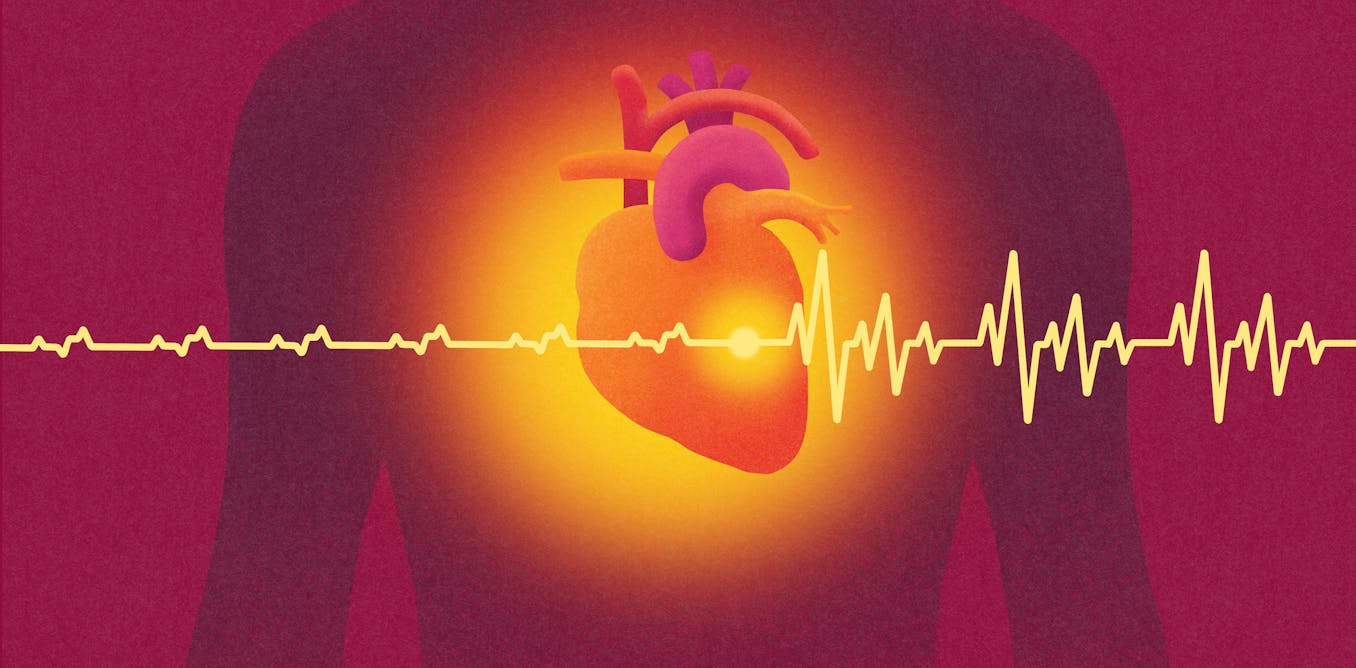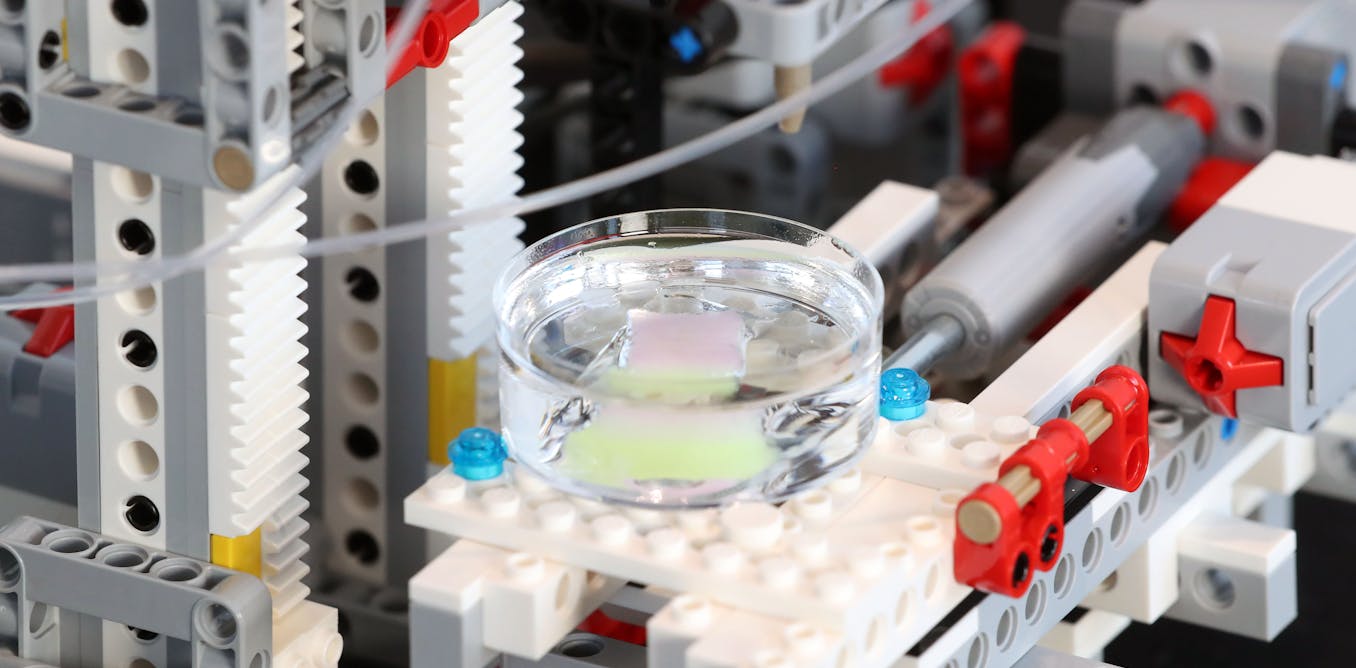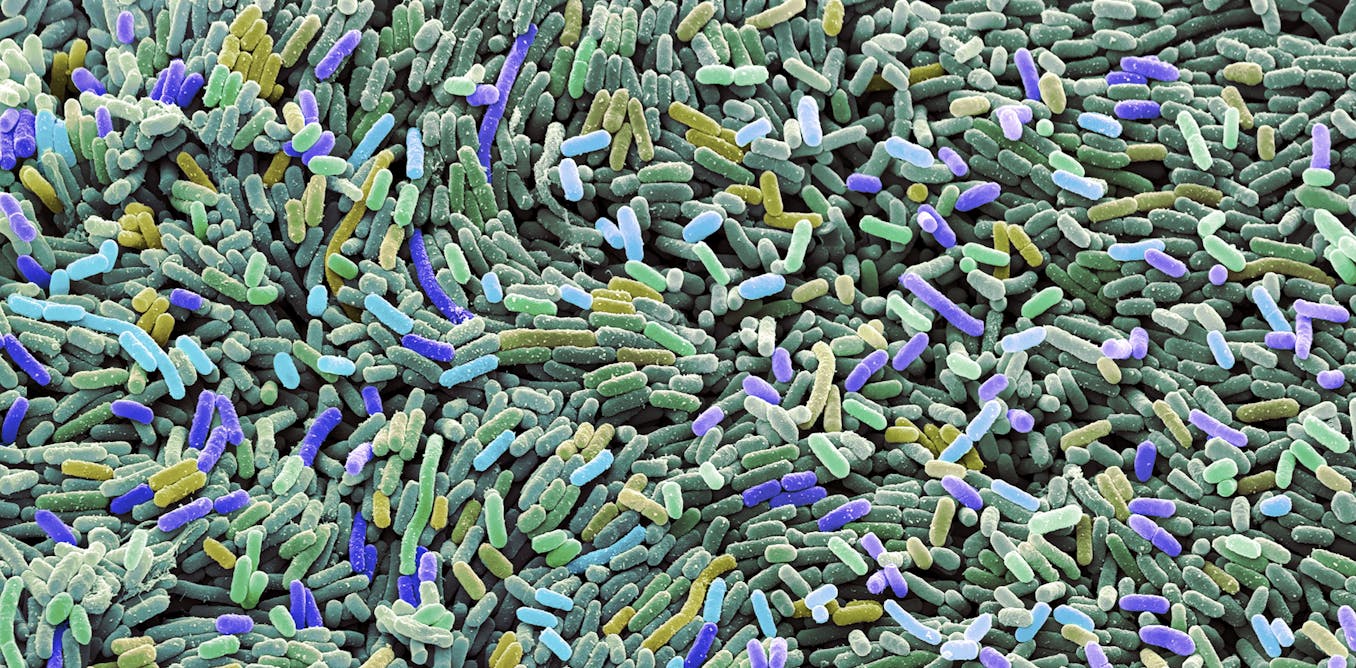Pacemaker powered by light eliminates need for batteries and allows the heart to function more naturally − new research
Researchers designed an ultrathin pacemaker that can be implanted via minimally invasive techniques, potentially improving recovery time and reducing the risk of complications.
March 15, 2024 • ~6 min








